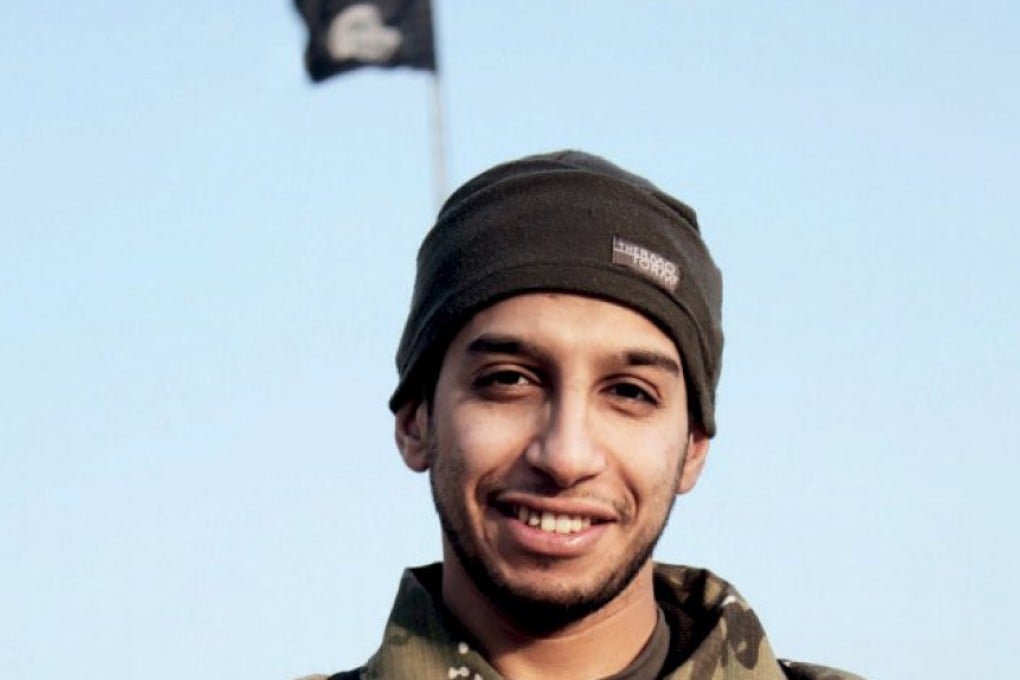Paris terrorist attacks underline the need to root out the causes that radicalise youth
Zhou Zunyou says the atrocities highlight the problem of foreign terrorist fighters in our midst, and any lasting solution must include efforts to fully integrate at-risk communities into society


READ MORE: Coverage of the Paris terrorist attacks
So far, four of the seven suicide attackers have been identified as French nationals. Three of the four are believed to have spent time in Syria and Iraq. The Paris attacks heighten French concerns about the grave threat posed by radicalised French Muslims who have returned home after receiving terrorist training abroad.
France is particularly vulnerable to terrorist activities carried out by its own citizens; it has the biggest contingent of European fighters in the Syria and Iraq conflict zone
The slaughter in Paris caused shock, but not surprise. In January, terrorists targeted the satirical magazine Charlie Hebdo and a Jewish grocery store; two of the three perpetrators were returning fighters with ties to al-Qaeda and IS.
France is particularly vulnerable to terrorist activities carried out by its own citizens; as home to Europe’s largest Muslim population, numbering some five million, it has the biggest contingent of European fighters in the Syria and Iraq conflict zone. According to French authorities’ most recent estimates, as many as 2,000 French nationals have been implicated in jihadist networks. Moreover, 571 French citizens are fighting for Islamic State or other terrorist groups, 141 have died there, and 246 have returned home.

France is not the only country with “foreign terrorist fighters”, that is, those lured to travel overseas to terrorist safe havens for the purpose of committing terrorist acts or receiving training. Rather, the whole world is on full alert for the phenomenon. Since 2011, an increasing number of radicalised young Muslims from many countries have been flocking to Syria and Iraq. Despite strenuous international efforts, the trend continues. According to a recent US congressional report, by September, more than 25,000 militants from over 100 countries had become foreign fighters with Islamic State and other Islamist groups.
READ MORE: Southeast Asia must deal with flow of terrorist recruits to Islamic State
